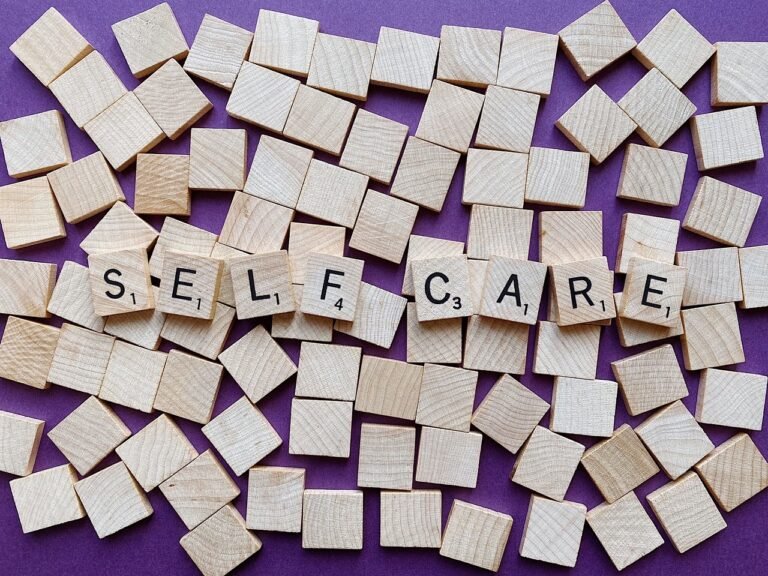-
-
-
-
How to Get Moving and Reduce Your Caregiving Stress
Caring for a loved one can bring daily stress, exhaustion and emotional strain. If you consistently put your own needs aside to focus on others, it can eventually lead to burnout. One simple but powerful tool for stress relief is exercise. Moving your body can also strengthen your emotional resilience. Want to kick-start your exercise…
-
3 Things You Need to Know About How Caregiver Stress Affects Your Mind
The Mental Cost of Caregiver Stress: Maya’s Story Maya is only thirty, but most days she feels twice that age. Her six-year-old son, Daniel, was born with a disability that requires around-the-clock care. She loves him deeply, but the weight of being his full-time caregiver is starting to wear on her mind. Some nights, she…
-
Caregiving | Family Caregiving Tips and Tools | Financial and Legal | Health and Wellness | Resources and Guides
How to Effectively Handle Nursing Home Issues
What are some common nursing home issues? Three of the most common nursing home problems are: When my wife received a Parkinson’s disease diagnosis in 2009, I stepped into the role of caregiver. For years, I cared for her at home until her needs grew too great, and she moved into a nursing home. She…






